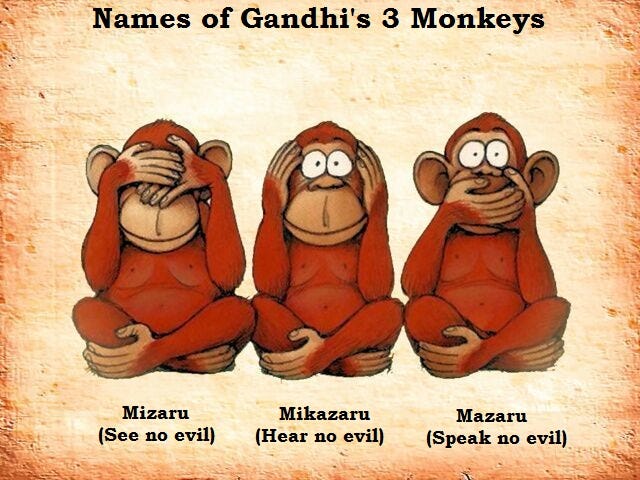I read an answer on Quora that made me pump my fist and say, “You tell ’em, champ!” The question was about a parent breaking an iPad because a child was addicted to a game. The parent wanted to know if breaking the iPad was overkill… Yeah, seriously.
I’m tired of tech-bashing posts, articles and videos aimed at parents. The reason it bothers me so much is that it blames technology for family problems rather than challenging us to look in the mirror at the real problem. Technology is serving the role of both the babysitter and stable significant other for many kids. It’s not the child’s fault and it’s not tech’s fault. Kids are the victims of family angst. Tech is the fall-guy.
A lack of relationship skills is at fault. Primarily, the skill — or value — of reconciliation. We tell our kids to say sorry when they hurt someone and to forgive people when they apologise, but we often struggle to do this ourselves. Children do what we do, not what we say.
Values are caught not taught. I had a little guy in for a chat this week who I called a ‘silly monkey.’ He laughed and said, “That’s my nickname — Monkey!” And it reminded me of the three monkeys — one covering its eyes, one covering its ears, one covering its mouth. And it reminded me of my Mum shaking her head as I did another crazy thing because my friends did. “Monkey see, monkey do!” she said time and time again. We learn from watching, hearing and repeating what we see others do. We’re just like those silly monkeys!

I have three kids that love their parents and each other. As a family, we regularly laugh together, play board games together, eat together and chat for hours. That said, they love their tech (as do I!) and have been tech-kids since they were in nappies. The oldest coordinated mouse-in-hand to cursor-on-screen when he was just two-years-old. He’s been at it since. Today he’s almost halfway through a Computer Science Degree in which he’s thriving. Boy two is in his first year of a Data Science Degree and thinks it’s awesome. He’s also a WOW legend! Our daughter, a budding florist, strengthens her skills by watching her favourite YouTubers and learns one creative thing after another from Pinterest, Instagram and other social media.
Dad (that’s me) has been a blogger for nearly two decades and a YouTuber (that’s what the kids at school call me! lol) for just over a decade. In just the past year, more than half-a-million people have read/listened to my content. Crazy, eh?
Tech isn’t the problem. It also isn’t the reason my kids are awesome. And, they are awesome!
They got a good start at being great people because their parents choose to suffer and succeed together. We fall. We get up. We apologise. We forgive. We mean it. We learn from our mistakes. We grow stronger. And we do these things privately, publicly and honestly — in front of our kids. They know what stupid mistakes look like. They know what huge belly laughs feel like. They apologise quickly. They forgive eagerly. They move on. Because they’ve seen it work. Loving and lovable people are good at forming and reforming relationships. Relationships are built on the ability to make things right — that’s reconciliation.
To whom do you need to apologise?
Whom do you need to forgive?
Do it. Regularly.
Let the monkeys see it and hear it — and soon they will say it too.




.jpeg)
.jpeg)